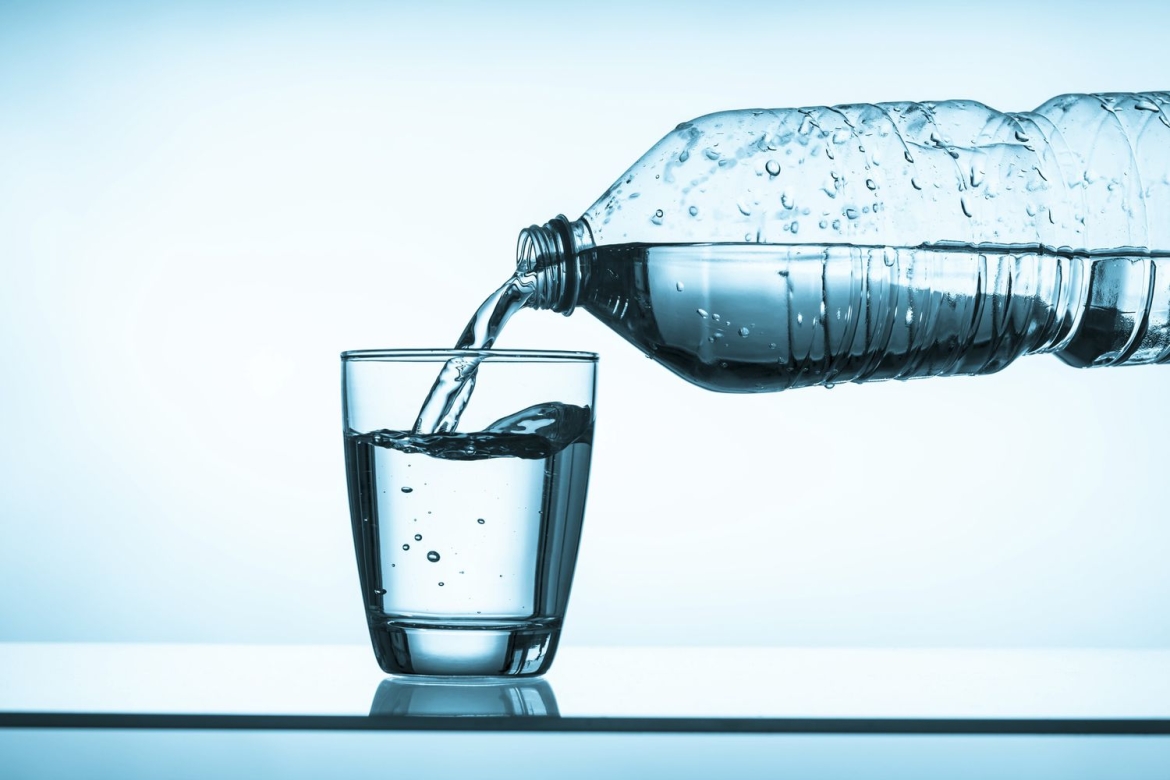With the temperatures soaring at the moment, drinking enough fluids, and staying hydrated is more important than ever.
If you wait until you're thirsty to start drinking extra fluids, it’s too late, and you are already dehydrated.
Drinking little and often during hot weather is the best way to keep fluids up, and keep your body temperature low.
A glass of water with each meal and then a few more dotted around the day will keep you nicely topped up and feeling fresh in the heat. It’s recommended you should drink 2 litres (6-8 glasses) of water every day, in warmer weather, especially if you are working outside, exercising or sweating more than usual, this should be increased.
Keeping hydrated is very important to maintain a healthy body, not only is a great for the body and the brain, to lubritacte joints and protect the brain and spine, water also helps the body excreet toxins and waste through urination.
Our bodies are anywhere between 75% at birth and in the elderly, 55% water. Vital organs like the heart and lungs are 73% and 83% water, and even our bones are around 31% water.
Our brains are around 73% water and as little as a 2% drop in hydration levels can start to impact brain function.
Not taking on enough fluids and becoming dehydrated will have a negative impact on the brain. From as little as a 2% drop in hydration levels you can start to experience headaches, dizziness, confusion, tiredness, reduced concentration and mood changes.
Drinking plenty of water and staying hydrated can improve brain health by increasing blood flow and oxygen to the brain, which will in turn increase concentration and cognition, balance mood and emotions, improve stress, reduce headaches and reduce water retention.
Dehydration also affects the rest of the body, heart rate and body temperature can increase, the risk of kidney infections and kidney stones increases and in severe cases can cause fainting, heat stroke and heat cramps.
The most common signs of dehydration are thirst, and dark coloured pee.
If you notice these, start to work on rehydration as soon a possible. The first step is drinking water, but sports drinks containing electrolytes and fruit will also help to hydrate you.
Try to avoid dehydration by taking a drink with you when you leave the house, have a bottle or glass at your desk at work, drink a glass of water with each meal.
A glass of water in the morning is a great way to wash down breakfast and get you started on the water intake goal nice and early.
If you struggle to drink enough, a bottle with time/ammount remiders or perhaps an app that reminds you at intervals you should get a drink, might be a good place to start until the habit is formed.

